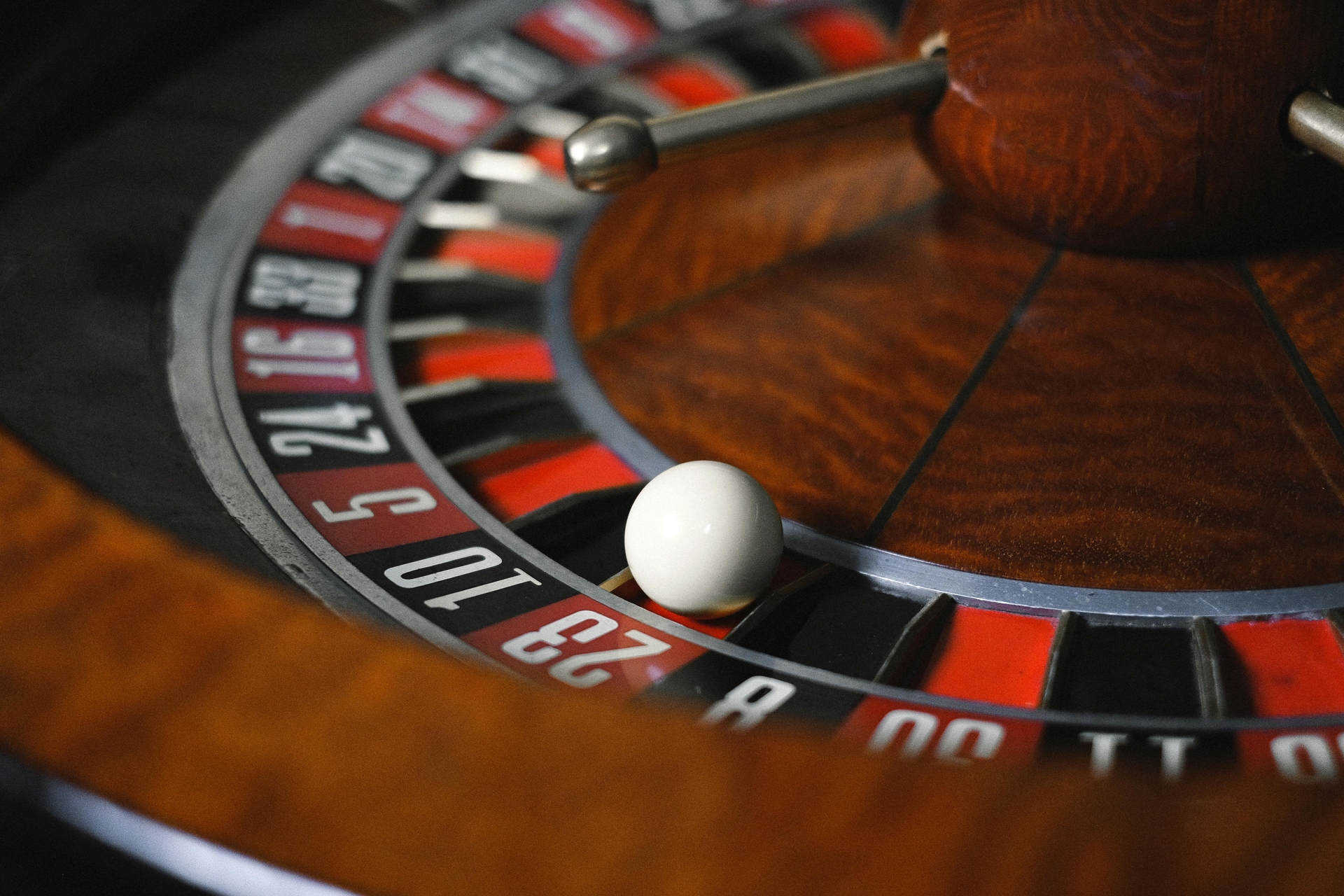How Players Approach Roulette: Tactics That Make Sense
Roulette doesn’t sound particularly strategic. It clicks and rolls and stops. The dealer sweeps chips like a chore. And yet, for all its apparent simplicity, it’s a game that people return to with something close to faith. Not blind faith exactly—more the kind that involves charts, napkin maths, and a rough belief that streaks mean something. Or might.
Over the years, the game has drawn all sorts. Tourists on holiday with a dinner jacket packed specially. Veterans with a system and a seat they like. People who don’t say much but know when to walk away. No one’s cracked it, obviously. But some come closer to playing in a way that feels, at the very least, deliberate. And that’s what tends to stick—the sense of not being completely at sea.
The Appeal of a Measured Approach
Strategies don’t always mean spreadsheets. Often, they’re habits with a touch of logic. A tendency to back certain dozens. A rule to double down only after a loss, never after a win. These patterns aren’t bulletproof, and most players know that. But they create rhythm. They give structure to what would otherwise be an open-ended game of waiting.
Some players swear by the Martingale system, which is more of a psychological trick than a guarantee. Others mix flat betting with inside-outside hedging, giving the illusion of control. It’s not that any of these are right, exactly—they’re simply frameworks. And in a game built on variance, frameworks help you decide when to stay, when to shift, and when to get up altogether.
Real Money, Real Choices
That measured approach becomes especially important when real stakes are involved—when it’s not just tokens on a cruise ship table, but actual deposits at online casinos that pay real money. Not all sites are created equal, and players have learned to gravitate toward the ones that make it easy to track bets, manage losses, and withdraw without needing to jump through five forms and a video call.
The draw of real money games is obvious, but what keeps players coming back to the highest-rated operators is trust. That trust isn’t built on flashy interfaces—it’s about reliability. Sites where roulette behaves like it should. Where Vegas-style slots don’t feel suspiciously generous one moment and impossibly tight the next. Online casinos that pay real money tend to build their reputation slowly, over time, by offering consistency in outcomes, transparency in policies, and some modest sense of pace. And in a space where movement is constant, a little reliability goes a long way.
Tactics That Live in the Details
You see it in small things. The way some players wait three spins before placing a bet, as though calibrating to the game’s current mood. Or how others switch tables—not out of superstition, but to avoid the crowding that makes their rhythm harder to hold. It’s detail-oriented, not romantic. And usually quiet. The best roulette players aren’t dramatic. They’re just patient.
Then there’s the matter of stake size. A surprising number of experienced players keep things small. Not out of fear, but because smaller bets allow for more decisions. More spins to observe. More room to test and adjust. And in roulette, where one or two turns can swing a session entirely, staying in the game often matters more than trying to win it outright.
Knowing When to Walk
There’s no perfect time to walk away. But good players—especially those who’ve made peace with the game’s randomness—tend to spot when a table’s stopped making sense to them. Maybe it’s too fast. Or the sequence is off. Or they’ve lost track of what they were doing five spins ago. Whatever the reason, they get up before the chips run out.
This isn’t about caution. It’s about clarity. Casino games can fog you up, especially when you’re deep into a session and every outcome starts to feel personal. Strategies help, but only if you’re lucid enough to stick to them. And sometimes the only real tactic left is a breath, a step back, and the quiet act of folding your chair.
A Game That Doesn’t Need to Change
Roulette has barely changed since the 18th century. Its rules remain elegant and self-contained. That’s part of the appeal—it doesn’t beg for updates. And yet, the way people approach it keeps evolving, especially in digital spaces. People track outcomes more closely now. They analyse results. They revisit past sessions. Technology hasn't turned roulette into something it isn’t, but it has allowed more people to engage with it more deliberately.
And perhaps that’s the whole point. The game doesn’t need to shift. We do. Our expectations, our habits, our sense of what it means to play with attention. Some players chase wins. Others seek understanding. Both are valid. But only one is sustainable.
FAQs
Do roulette strategies actually work?
Not in the sense of guaranteeing a win. But some can help players manage their bankroll, focus better, and play longer. That counts for something.
Is there a best kind of roulette to play?
European roulette offers slightly better odds than American due to the single zero. That’s one verifiable fact. The rest depends on preference and pace.
What does a good online roulette casino look like?
Reliable payouts, clear game rules, no manipulative bonuses, and consistent game speed. Look for a steady experience, not flash.
Related Article Archives
Related Articles
How Social Casino Sweepstakes Are Changing the Online Gaming Landscape
Posted May 14th, 2025
Mobile Mastery: How to Win Big with Strategy on Casino Apps
Posted Apr 29th, 2025
5 Myths You’ve Heard About Online Casino Games — Debunked
Posted Apr 25th, 2025
Las Vegas Online Casinos for Real Money in 2025
Posted Apr 16th, 2025
Cybersecurity in Social and Real Casinos: Protecting Player Data Amid Rising Threats
Posted Apr 14th, 2025
Disclosure: This article contains sponsored content.

